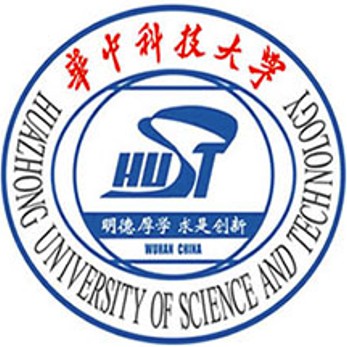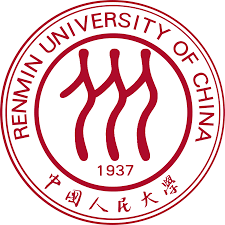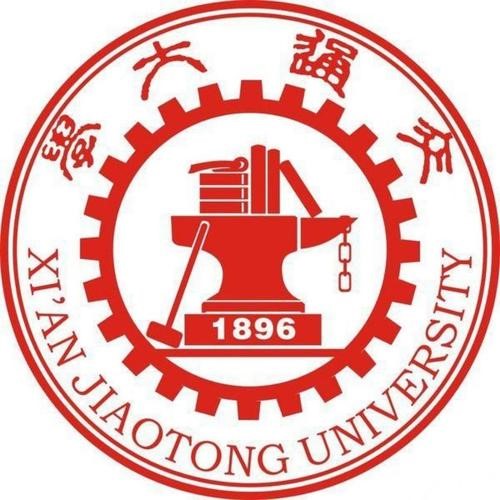
AI4Science Research Projects
❤️ Welcome to our webpage showcasing a collection of projects in the field of AI4Science. This platform highlights the collaborative efforts of a group of individuals/friends from diverse backgrounds united by a common interest in AI4Science research.
❤️ Welcome to our webpage showcasing a collection of projects in the field of AI4Science. This platform highlights the collaborative efforts of a group of individuals/friends from diverse backgrounds united by a common interest in AI4Science research.




























































































 Huazhong University of Science and Technology
Huazhong University of Science and Technology Zhejiang Univeristy
Zhejiang Univeristy  Microsoft Research AI4Science
Microsoft Research AI4Science  Renmin University of China
Renmin University of China Xi'an Jiaotong Univeristy
Xi'an Jiaotong Univeristy  University of Science and Technology of China
University of Science and Technology of China